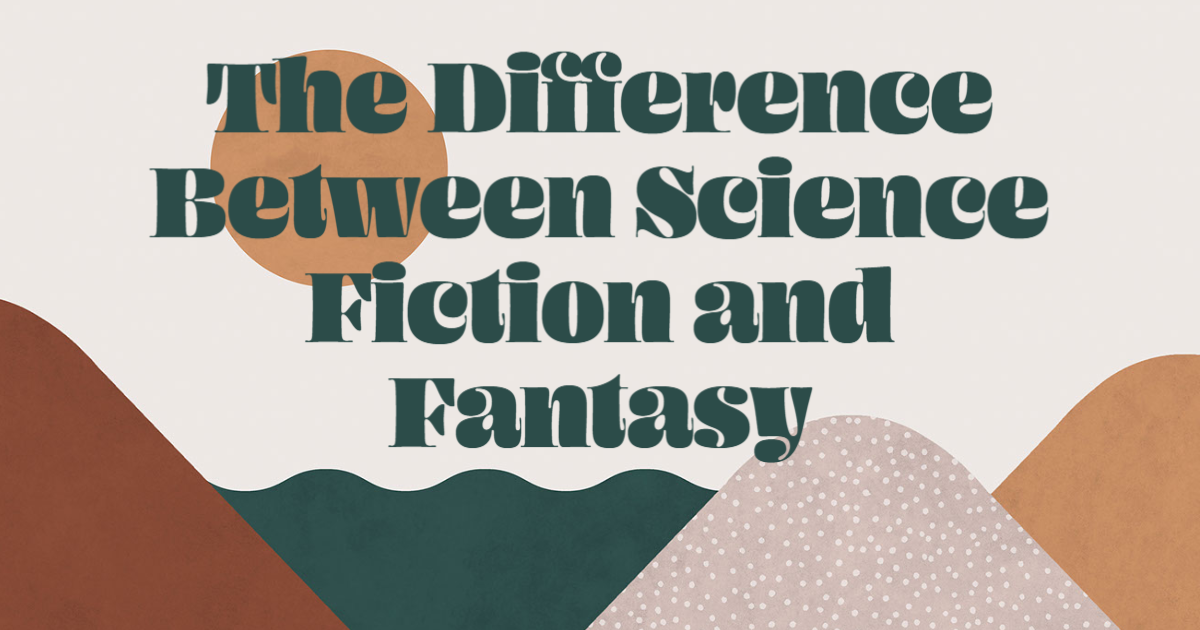|
Sci-fi / Fantasy—they’re grouped together all the time, and for good reason. The genres overlap in many aspects and are both categorized as speculative fiction. So, what exactly makes them similar, and what distinguishes one from the other? And why should you even care?
Science fiction explores how science might impact a society or individuals, oftentimes in the future. Sci-fi presents a world that doesn’t exist but could exist with technological advancement—classic examples are Fahrenheit 451 by Ray Bradbury and Frankenstein by Mary Shelley.
Fantasy, on the other hand, contends with the supernatural, the magical, with settings in different worlds that could not exist—see The Lord of the Rings by J.R.R. Tolkien and A Game of Thrones by George R.R. Martin. Both include super fun sub-genres. Here are some examples in a very non-comprehensive list: Sci-fi subgenres
Fantasy subgenres
Writing a science fiction or a fantasy novel will require creativity and imagination to be sure, but you’ll also need to follow some rules. Oftentimes people think of science fiction as logic based and differentiate fantasy by chalking the genre up to a magical nonsense land where the rules don’t apply because . . . well, magic! We don’t recommend taking this approach.
Like science fiction, fantasy also requires a set of rules that the reader can follow so that the story remains satisfying and impactful. Science fiction and fantasy both deal with worlds that are unlike our own. The differences come into play when building those worlds. Common (not required) characteristics of science fiction:
Common (not required) characteristics of fantasy:
Why does any of this matter? Well, if you’re writing a sci-fi or a fantasy novel, it’s important to know the elements characteristic of each genre. You wouldn’t want to leave readers scratching their heads by including a wizard, a selkie, and a hobbit in your sci-fi novel, right? It’s important to be familiar with the genre you’re writing in so that you can be aware of the conventions of that genre. There are certain elements of each genre that readers come to expect, and we wouldn’t want to disappoint!
So, when does defining your genre become important? When querying your book, publishers will want you to be able to be able to sum up your book succinctly and clearly, and oftentimes genre can be a great first step in doing this. The reason publishers tend to care about this categorization is, ultimately, the genre will determine certain elements of marketing and how your book gets into the hands of readers. If you’re unable to clearly define your genre, categorizing your book in industry databases becomes more difficult, which could inhibit readers from finding it. Whether you’re writing the next great sci-fi or fantasy novel, keep your reader in mind, and do whatever you can to make your book as accessible to them as possible. Resources:
written by Grace Ball
0 Comments
Leave a Reply. |
How Do I Book?We'll try to find the answer to that question in our blog. Archives
August 2023
Categories
All
|


 RSS Feed
RSS Feed